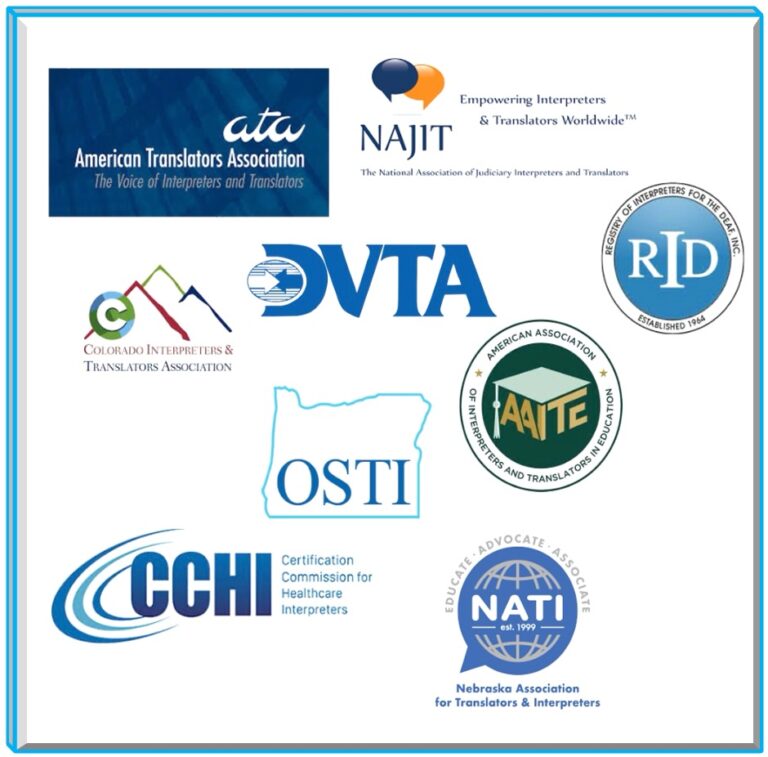- 720-291-6819
- [email protected]
- Mon - Sat: 8:00 - 15:00
Our professional associations play a crucial role in advancing standards, advocacy, and community support, particularly in fields like language access, interpreting and translation. Joining these associations offers networking opportunities, access to industry-specific resources, professional development, and the chance to contribute to the betterment of the profession. They also provide a platform for members to share best practices, receive training and certification, and advocate for policies that improve equity and access.

Stay ahead of the curve with this year’s must-attend conferences in language access, interpretation, and education. These events bring together experts, innovators, and advocates to explore the latest trends, breakthroughs, and best practices in the field.
Earning accredited certifications is a powerful way to stand out in the field and demonstrate your expertise, commitment, and professionalism. In the interpreting and translation industry, holding recognized credentials not only validates your skills but also positions you as an active and dedicated member of the profession. Certifications serve as one of the highest distinctions in the field, reflecting a clear commitment to professional growth and excellence.